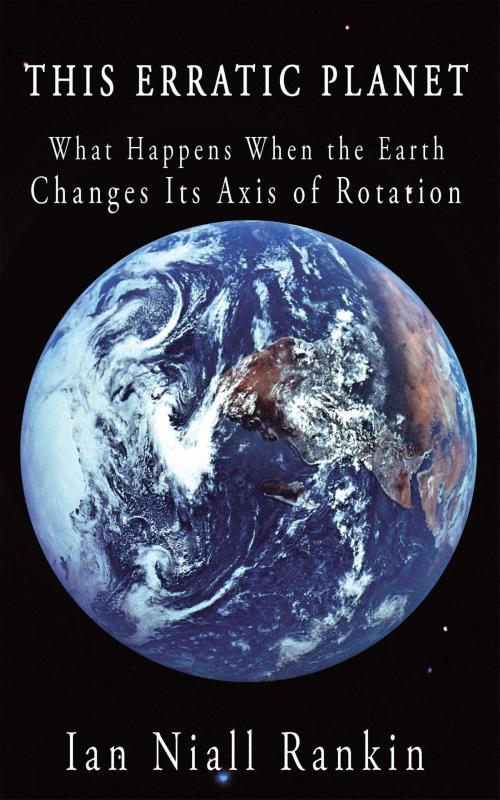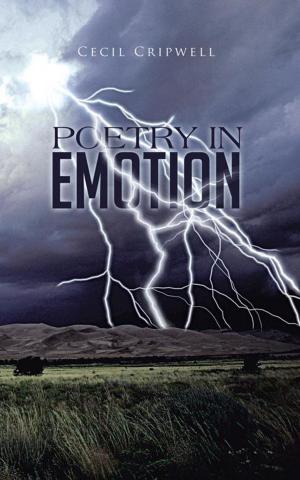This Erratic Planet
What Happens When the Earth Changes Its Axis of Rotation
Nonfiction, Science & Nature, Science| Author: | Ian Niall Rankin | ISBN: | 9781467003711 |
| Publisher: | AuthorHouse UK | Publication: | June 8, 2010 |
| Imprint: | AuthorHouse UK | Language: | English |
| Author: | Ian Niall Rankin |
| ISBN: | 9781467003711 |
| Publisher: | AuthorHouse UK |
| Publication: | June 8, 2010 |
| Imprint: | AuthorHouse UK |
| Language: | English |
This Erratic Planet is a book of vital importance to the future of our species. Drawing on a staggering range of references across disciplines including geology, astronomy, archaeology and palaeontology, Ian Rankin outlines his radical ideas about the worlds past. Contrary to conventional scientific thinking , the evidence he has examined has convinced him that the history of our planet is not one of gradual change, as proposed by Darwins theory of evolution, but a story of successive, yet systematic, global catastrophes. These have wiped almost all trace of previous civilisations from the face of the Earth.
These catastrophes, known as pole shifts, derive from the unstable nature of the solar system, which is the subject of the books second part. Ian Rankin takes issue with Newtons Theory of Gravity, deeming it inadequate to explain the unwavering motion of the planets over billions of years. Instead, he proposes a New Theory, in which the Sun is not the centre of the solar system, but is itself revolving around a Magnetic Centre, a black hole as yet undiscovered whose powerful magnetic pull opposes the constant push of the solar wind to the outer reaches of the system.
This Erratic Planet will fascinate not only lovers of catastrophe theories, but also anyone open-minded enough to entertain radical ideas about the nature of the universe. Its ideas are so groundbreaking they deserve the widest possible attention.
This Erratic Planet is a book of vital importance to the future of our species. Drawing on a staggering range of references across disciplines including geology, astronomy, archaeology and palaeontology, Ian Rankin outlines his radical ideas about the worlds past. Contrary to conventional scientific thinking , the evidence he has examined has convinced him that the history of our planet is not one of gradual change, as proposed by Darwins theory of evolution, but a story of successive, yet systematic, global catastrophes. These have wiped almost all trace of previous civilisations from the face of the Earth.
These catastrophes, known as pole shifts, derive from the unstable nature of the solar system, which is the subject of the books second part. Ian Rankin takes issue with Newtons Theory of Gravity, deeming it inadequate to explain the unwavering motion of the planets over billions of years. Instead, he proposes a New Theory, in which the Sun is not the centre of the solar system, but is itself revolving around a Magnetic Centre, a black hole as yet undiscovered whose powerful magnetic pull opposes the constant push of the solar wind to the outer reaches of the system.
This Erratic Planet will fascinate not only lovers of catastrophe theories, but also anyone open-minded enough to entertain radical ideas about the nature of the universe. Its ideas are so groundbreaking they deserve the widest possible attention.















